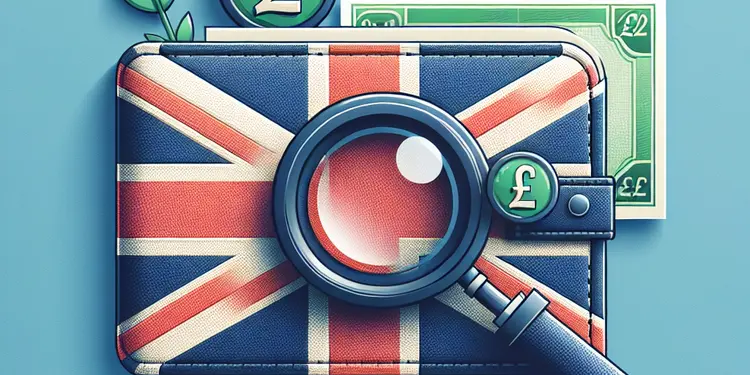
Find Help
More Items From Ergsy search
-
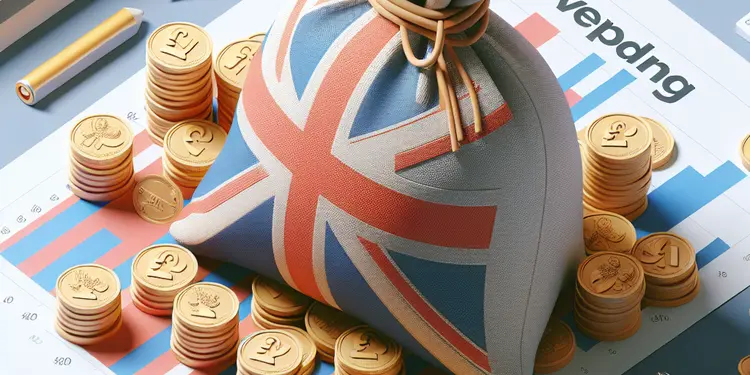
What should I do if I discover an overpayment?
Relevance: 100%
-

Are there any automated notifications for overpayments?
Relevance: 100%
-
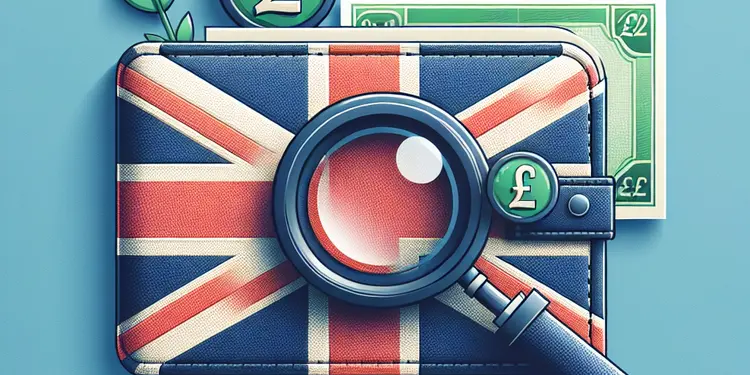
What information do I need to check for overpayments?
Relevance: 97%
-

Mortgage Overpayment and Flexible Features Explained
Relevance: 96%
-
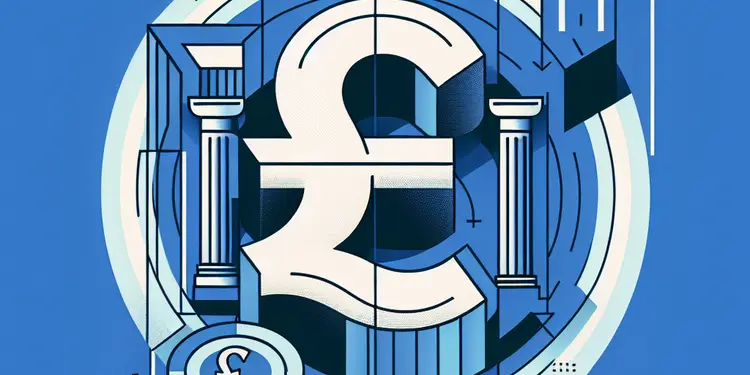
Will my council send a refund check if I overpay?
Relevance: 95%
-
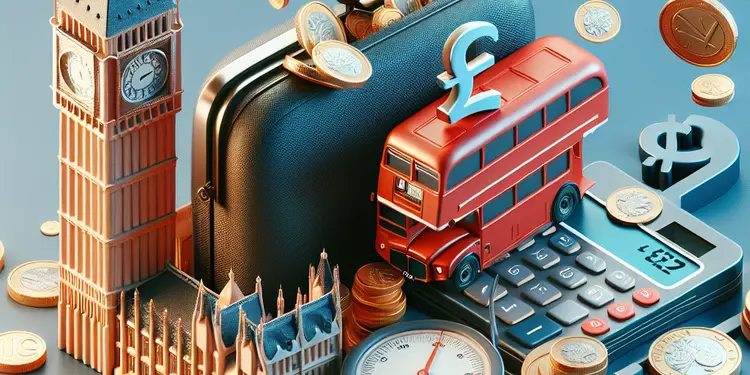
Can overpayments occur due to discounts or exemptions?
Relevance: 92%
-
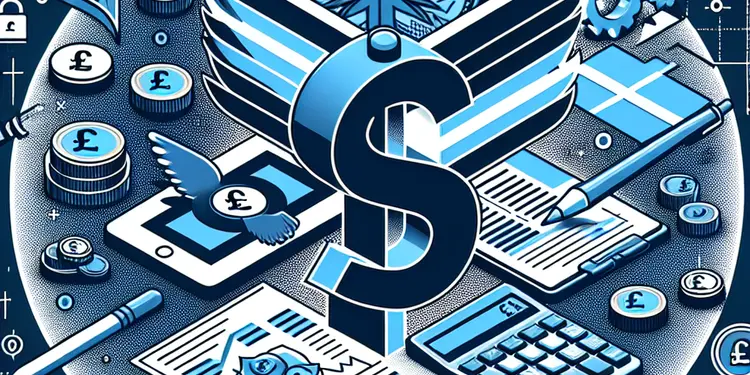
Could my payment plan affect how overpayments are handled?
Relevance: 91%
-
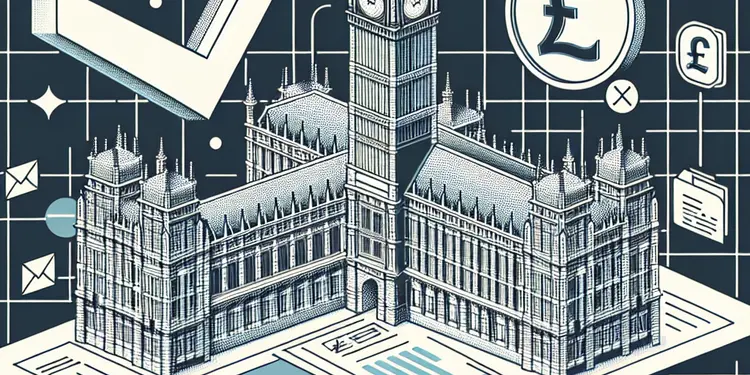
What details are needed to check for overpayments through my council?
Relevance: 88%
-
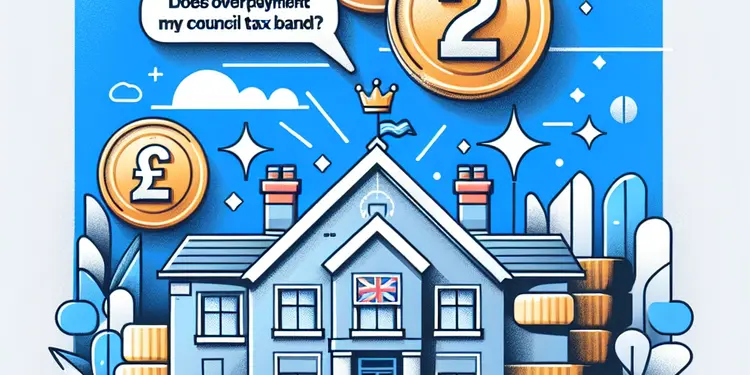
Does overpayment affect my Council Tax band?
Relevance: 88%
-
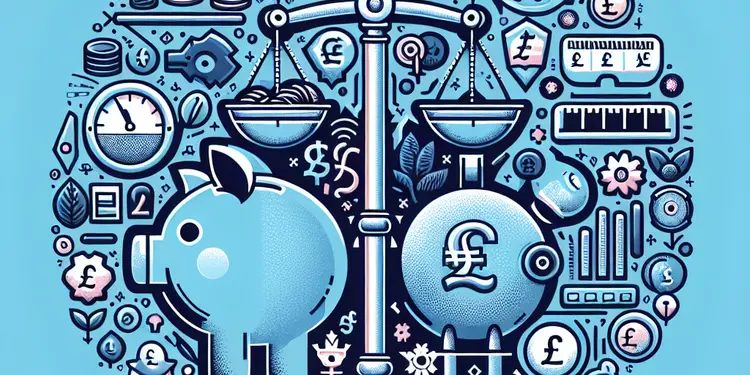
What is the best way to ensure I don't overpay again in the future?
Relevance: 84%
-

How do can I find out if I have overpaid my UK Council Tax?
Relevance: 49%
-

What happens if I receive more than one Winter Fuel Payment?
Relevance: 45%
-
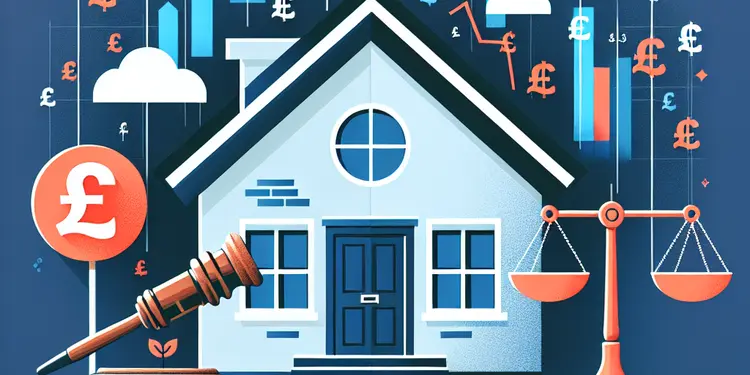
What could cause an overpayment in Council Tax?
Relevance: 41%
-
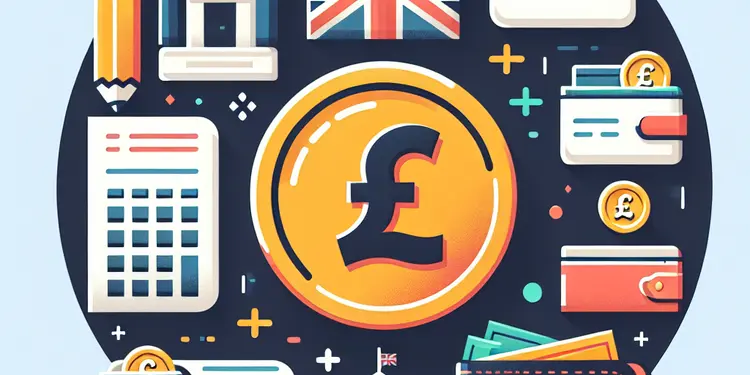
Are refunds for overpaid Council Tax taxable?
Relevance: 40%
-

Is there a time limit for claiming a refund on overpaid Council Tax?
Relevance: 40%
-
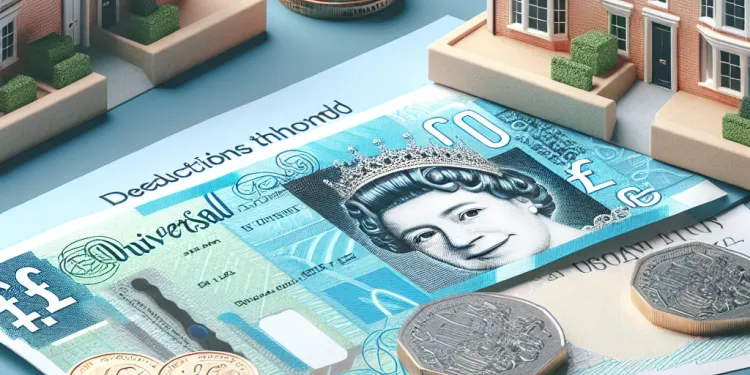
Are there any deductions from Universal Credit?
Relevance: 39%
-
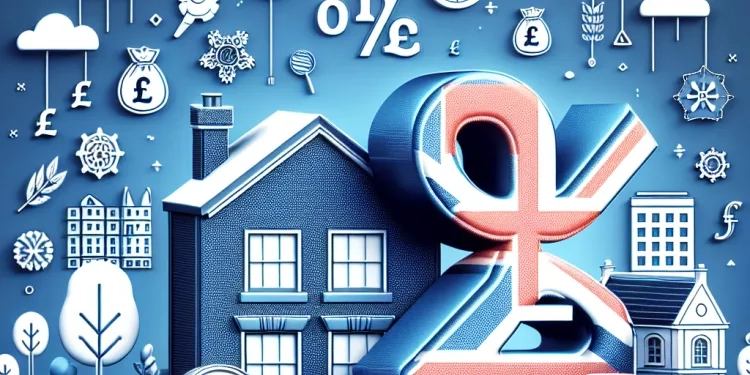
If I overpay on my mortgage, how will interest rate changes affect this?
Relevance: 39%
-

Can moving homes cause a Council Tax overpayment?
Relevance: 39%
-
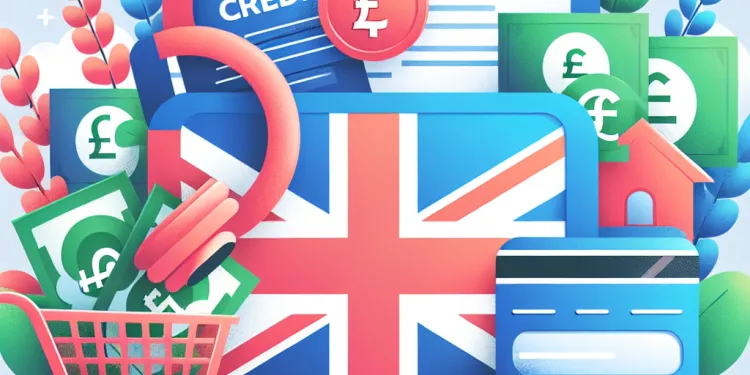
How is Universal Credit paid?
Relevance: 33%
-
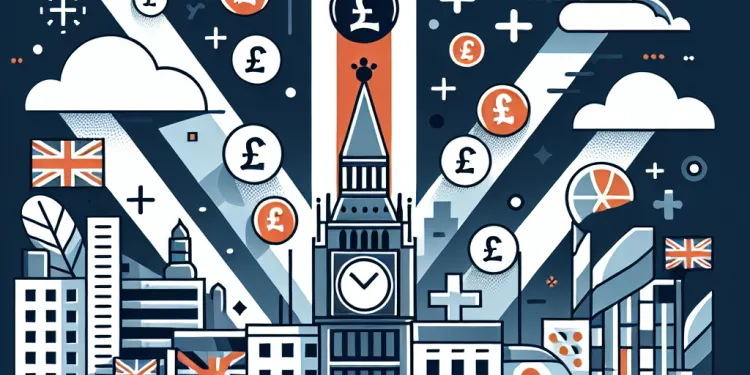
Why did I receive a tax refund letter from HMRC?
Relevance: 31%
-
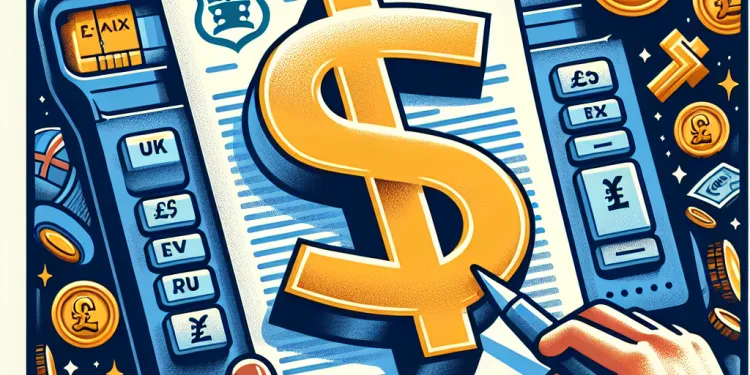
What is an HMRC tax refund letter?
Relevance: 30%
-

How does the payment affect students' financial aid packages?
Relevance: 30%
-
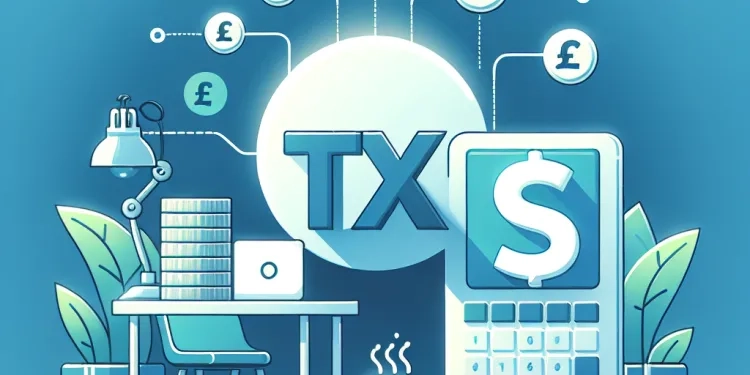
HMRC Tax Refund letters
Relevance: 27%
-

What is a P800 form and how does it relate to my tax refund?
Relevance: 27%
-
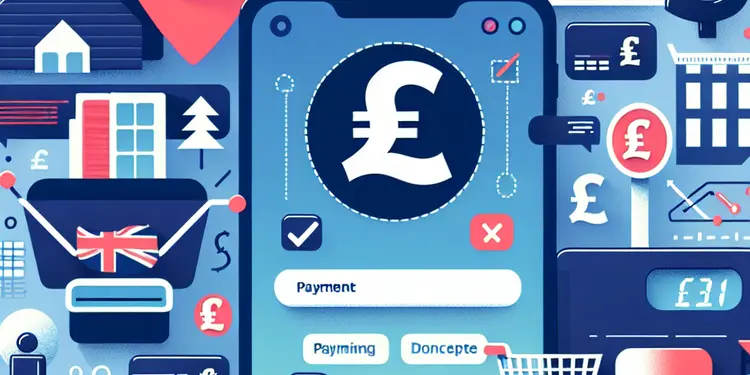
What is a payment on account?
Relevance: 26%
-

Can Stamp Duty be refunded in the UK?
Relevance: 26%
-
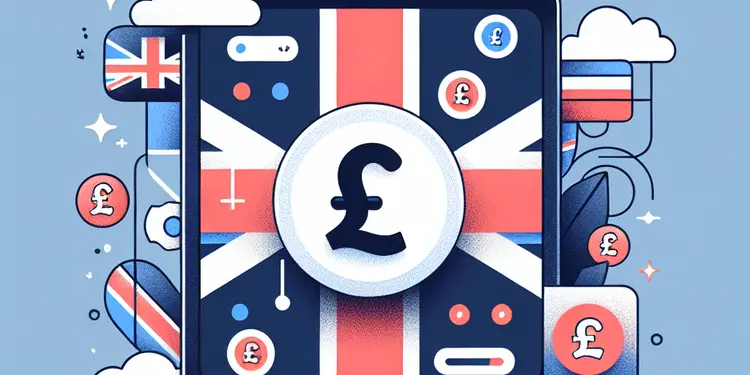
What happens if I have a credit on my account?
Relevance: 25%
-
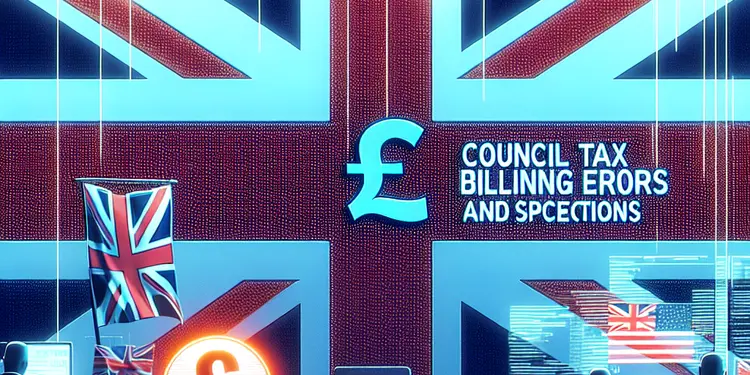
What should I do if I suspect an error in my Council Tax billing?
Relevance: 25%
-
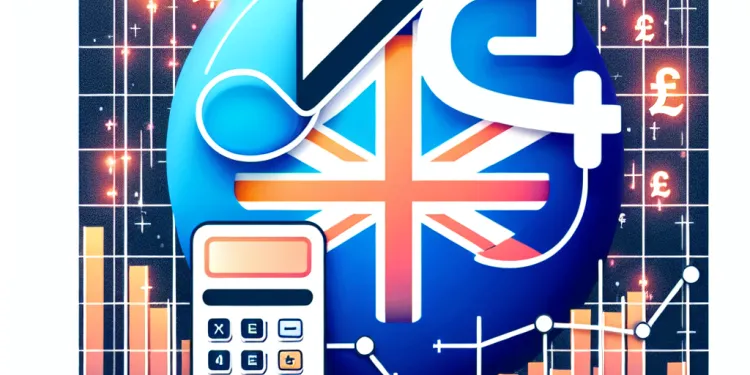
How is the tax refund amount calculated?
Relevance: 22%
-
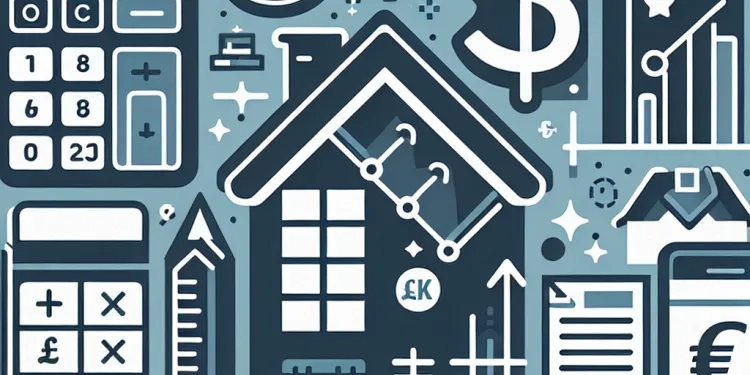
How do I know if I have overpaid my Council Tax?
Relevance: 22%
-
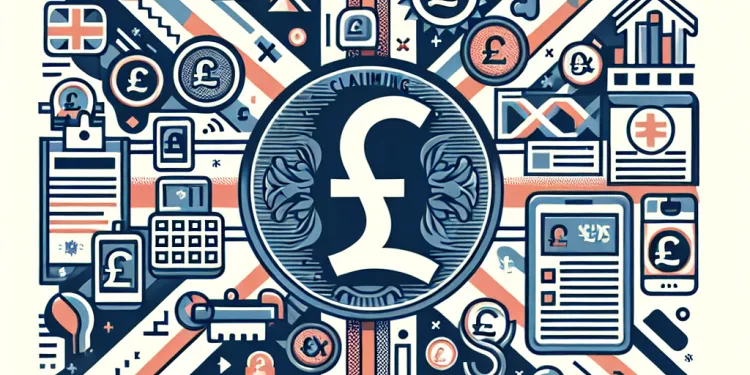
How do I claim my tax refund from HMRC?
Relevance: 21%
-
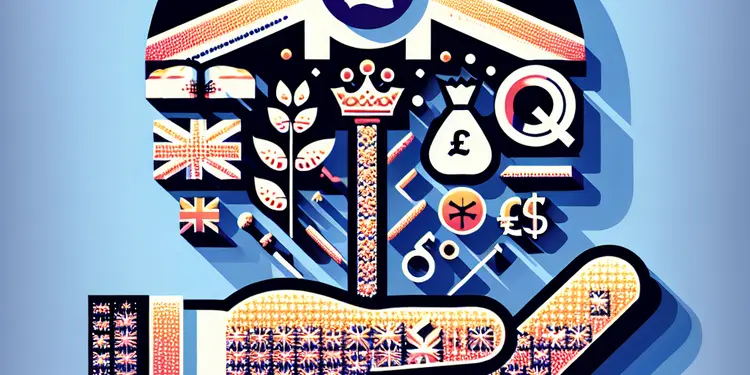
Can Inheritance Tax be claimed back?
Relevance: 19%
-
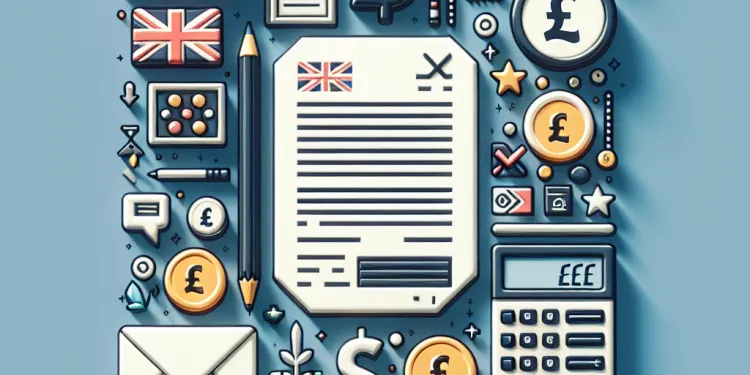
I received a tax refund letter, but I haven’t overpaid any tax. What should I do?
Relevance: 17%
-

What information do I need to provide to claim my refund?
Relevance: 17%
-
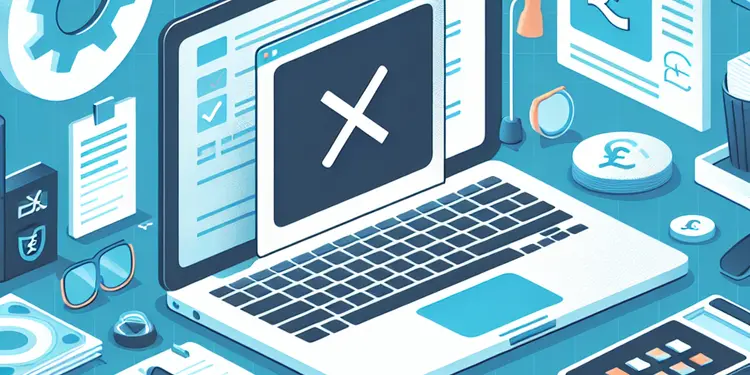
What should I do if I made an error on my CGT report?
Relevance: 17%
-

How might these changes affect taxpayers on PAYE?
Relevance: 16%
-

Applying For Universal Credit
Relevance: 16%
-
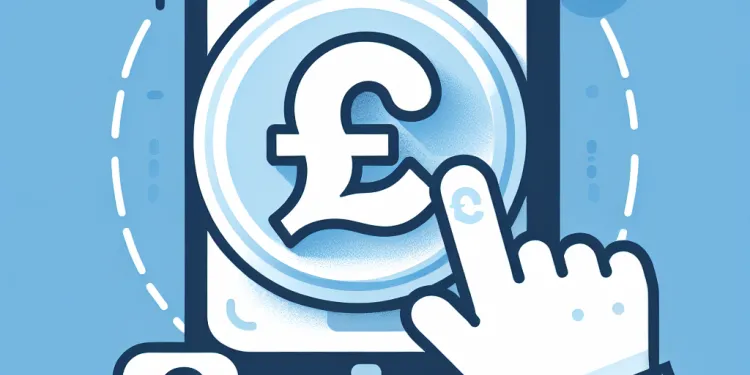
Will the £500 cost of living payment affect my benefits?
Relevance: 14%
-
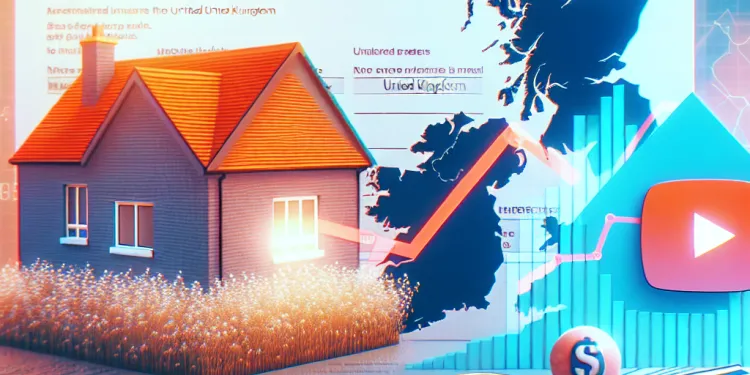
How do interest rate changes affect my mortgage payments?
Relevance: 14%
-
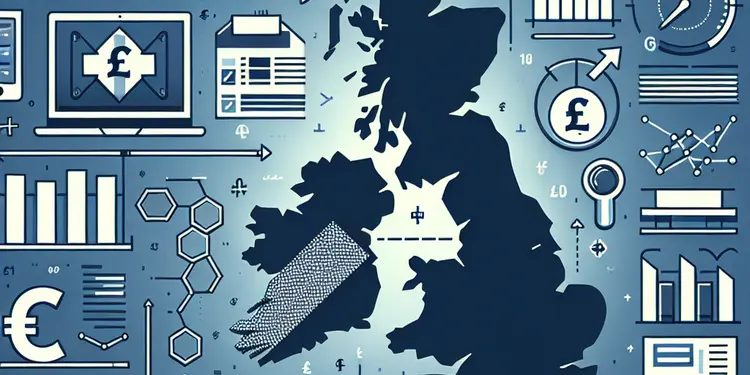
Do I need professional advice for reporting and paying CGT?
Relevance: 13%
Introduction
Overpayments can occur in various contexts, such as salary overpayments, benefits overpayments, or billing errors. Identifying and addressing overpayments is crucial to maintaining financial accuracy and ensuring compliance with legal obligations. This guide details the information you need to check for overpayments in the UK context.
Understanding Overpayments
An overpayment occurs when more money is paid out than is due. This might happen due to administrative errors, system miscalculations, or incorrect information. In the UK, it is important to promptly identify and rectify overpayments to avoid legal issues and financial discrepancies.
Common Sources of Overpayments
Overpayments can arise from several sources. These include payroll errors where employees are paid more than their entitled salary, benefit overpayments due to incorrect data or fraud, and billing mistakes where customers are overcharged for goods or services.
Payroll Overpayments
In a payroll context, verify employee personnel records, pay rates, and working hours. Cross-check pay slips against time sheets and employment contracts to ensure that compensation aligns with actual work performed and contractual agreements. Investigate any discrepancies promptly to address errors efficiently.
Benefits Overpayments
For those receiving government benefits, check the details provided to the Department for Work and Pensions (DWP) or local councils. Ensure that all information is current and accurate, including income status, employment changes, and any dependent-related information. Report changes immediately to ensure benefits are correctly calculated.
Billing and Invoicing Overpayments
Businesses need to regularly audit their billing systems to prevent overcharges to clients or customers. Review invoicing processes, verify transaction records, and ensure that the prices charged align with what was agreed upon. Automated invoicing systems should be periodically checked to confirm that they are functioning correctly.
Overpayment Identification Methods
Use financial audits to review transactions for potential overpayments. Maintain detailed and accurate records that reflect all payments made and received. Implement regular checks and balances within financial systems to catch discrepancies early.
Legal Considerations
In the UK, the law requires that overpayments are addressed transparently and promptly. Employers and businesses should establish clear policies for reclaiming overpayments and should communicate any discrepancies to affected parties in a timely manner. Failure to address overpayments could result in legal challenges and reputational damage.
Conclusion
To manage and prevent overpayments, it’s essential to maintain accurate records, conduct regular audits, and ensure effective communication. By understanding where overpayments typically occur and knowing what information to review, individuals and businesses can minimize financial risks and comply with UK regulations.
Introduction
Sometimes, too much money is paid by mistake. This can happen with wages, benefits, or bills. It is important to find and fix these mistakes to keep your money right and follow the law. This guide will help you check for these mistakes in the UK.
Understanding Overpayments
An overpayment is when more money is paid than needed. This can happen because of mistakes, computer problems, or wrong information. In the UK, it is important to find and fix overpayments quickly to avoid money and legal problems.
Common Sources of Overpayments
Overpayments can happen in different ways. They might happen if workers are paid too much, if benefits are overpaid because of wrong information, or if customers are charged too much for something they buy.
Payroll Overpayments
For workers’ pay, check their records, pay rates, and work hours. Compare pay slips with their time sheets and work contracts to make sure they are paid correctly. Fix any mistakes quickly.
Benefits Overpayments
If you get government benefits, check the information you give to the Department for Work and Pensions (DWP) or your council. Make sure it is correct, like changes in income or work. Tell them about changes right away to get the right benefits.
Billing and Invoicing Overpayments
Businesses should check their billing to stop charging customers too much. Look at bills, check transaction records, and make sure prices charged are correct. Check automatic billing systems regularly to make sure they work properly.
Overpayment Identification Methods
Use audits to look at payments for mistakes. Keep good records of all money you pay and receive. Do regular checks to find mistakes early.
Legal Considerations
In the UK, it is important to handle overpayments openly and quickly. Businesses should have clear rules to get back overpayments and tell people about mistakes fast. Ignoring overpayments can lead to legal problems.
Conclusion
To stop overpayments, keep good records, check money often, and talk clearly. By knowing where overpayments happen and what to check, people and businesses can reduce money risks and follow UK rules.
Frequently Asked Questions
What is an overpayment?
An overpayment occurs when you pay more than what is owed for a service or product, resulting in a credit balance.
How do I determine if there's an overpayment on my account?
You can determine if there's an overpayment by reviewing your billing statements, payment records, and comparing them to the services received.
Which documents should I review to check for overpayments?
Review invoices, statements, receipts, and payment confirmations to check for overpayments.
What information from invoices is necessary to identify overpayments?
Look for billed amounts, service dates, descriptions, and total amounts due compared to amounts paid.
Should I contact customer service if I suspect an overpayment?
Yes, contact customer service with your account details and billing information to verify any overpayments.
How can I track payments to avoid overpayments?
Maintain a spreadsheet or use banking apps and alerts to track bill payments against invoices and due dates.
What role does account reconciliation play in identifying overpayments?
Account reconciliation helps match your records against financial statements, highlighting discrepancies like overpayments.
Can I request detailed billing statements for clarification?
Yes, requesting detailed billing statements from the service provider can help clarify any overpayments.
Why is it important to verify payment methods when checking for overpayments?
Verifying payment methods ensures that you identify duplicate or incorrect payments made through multiple methods.
What should I do if an overpayment is confirmed?
Contact the service provider to request a refund or adjustment for any confirmed overpayments.
How often should I review my accounts for overpayments?
Review your accounts monthly to ensure there are no overpayments or discrepancies.
What if there is a dispute about an overpayment?
Gather all relevant documentation and engage directly with the service provider's dispute resolution process.
Are automatic payments a common cause of overpayments?
Yes, automatic payments can sometimes lead to overpayments if the service or billing amounts change unexpectedly.
How do overpayment corrections reflect on my account?
Corrections for overpayments typically appear as credits or refunds on your subsequent bills or account statements.
Can overpayments affect my account standing?
While overpayments don't negatively affect account standing, they can tie up funds unnecessarily.
Should I audit previous transactions if I discover an overpayment?
Yes, auditing previous transactions can help ensure there are no recurring overpayments or patterns to address.
Is it possible for overpayments to occur due to system errors?
System errors can occasionally lead to overpayments, especially with automated billing processes.
Can you prevent overpayments with payment reminders?
Setting up payment reminders can help ensure you pay the correct amount on time, reducing the possibility of overpayments.
What should I include in a communication about overpayments to a vendor?
Include account details, invoice numbers, dates, incorrect amounts paid, and any supporting documentation.
Are there tools available to help manage and prevent overpayments?
Yes, financial management software and apps can help track payments and alert you about potential overpayments.
What is an overpayment?
An overpayment is when you pay too much money by mistake.
Sometimes, this can happen if you pay a bill twice, or if you pay more than you need to.
If you think you have paid too much, you can ask for your money back.
Helpful tip: You can use a calculator to check your payments.
An overpayment is when you pay too much money for something. This means you have extra money, called a credit balance.
How can I check if I paid too much money?
You can find out if you've paid too much money by doing a few things:
1. Look at your bills. Check the details of what you've been charged.
2. Look at your payment records. This shows what you have already paid.
3. Compare both. Check the bills against what services you got.
If you need help, you can ask someone you trust or use a calculator to check the numbers.
What papers should I look at to see if I paid too much?
Look at bills, papers, and receipts to see if you paid too much money. Check the papers that show you paid.
What do we need from bills to find extra payments?
Bills, also called invoices, show what you are buying and how much you pay. To check if you paid too much, look at these parts:
- Date: When was the bill made?
- Items: What are you paying for?
- Amount: How much do you need to pay?
- Payment: How much did you already pay?
If you find out you paid more than the amount, that's an extra payment.
Use a calculator to help with adding and subtracting. It can make checking easier!
Check the bill to see these things:
- How much money you have to pay.
- The dates when you used the services.
- What services you used.
- How much money you still need to pay.
- How much money you have already paid.
You can use a highlighter or ask someone for help if you need it!
What to Do if You Think You Paid Too Much
If you think you gave too much money, talk to customer service. They can help you check.
Here are some tips to help you:
- Make a Note: Write down what you paid and why you think it's too much.
- Ask for Help: A family member or friend can help you call or send a message.
- Keep a Copy: Save any papers or emails to show what happened.
Yes, talk to customer service. Give them your account details and billing information. They will help check if you paid too much.
How can I keep track of money so I don't pay too much?
Use a simple table or a phone app to keep track of when your bills need to be paid. You can set up alerts to remind you about important dates.
How does checking accounts help find mistakes where we paid too much?
Sometimes, we might pay more money than we should. Checking our accounts helps us find these mistakes. It's like making sure we paid the right amount.
To help check accounts, you can:
- Use a simple list to write down what you paid and what you received.
- Ask an adult to help you look over the numbers.
- Use a calculator to make sure the math is correct.
Account reconciliation is when you check your money records with your bank statements. It helps you find mistakes, like paying too much money.
Can I ask for a detailed bill to understand it better?
Yes, asking for a detailed bill from the service provider can help you understand if you paid too much.
Why should we check payment methods to avoid paying too much?
It's important to make sure we use the right way to pay so we don't pay too much money by mistake.
Here are some tips to help:
- Double-check the payment amount before sending it.
- Use a calculator to add up costs.
- Ask someone to look over payments with you.
Checking how you pay helps you find and stop payments that are made twice or by mistake.
What do I do if I was paid too much money?
Call or talk to the company to ask for your money back if you paid too much by mistake.
How often should I check my accounts for too much money being paid?
It is a good idea to look at your accounts often. This helps you see if you have paid too much for things.
Check your accounts every month. This way, you can fix any mistakes quickly.
If you need help, use a calculator or ask a friend or family member to help you.
Check your money accounts every month. This helps you make sure you are not paying too much or missing any mistakes.
What happens if we argue about a payment mistake?
Sometimes, people get paid too much by accident. This is called an overpayment. If you think there's a mistake with the money you got, and you don't agree with it, you might have a disagreement or argument. Here’s what you can do:
- Stay calm and talk to the person or group who gave you the money.
- Ask questions to understand what happened.
- If you need help, ask a family member or friend to talk with you.
- You can also use tools like a calculator to check the numbers.
- If you're still confused, you might find it helpful to write things down or draw a picture to explain the problem.
Remember, it's okay to ask for help if you don't understand something.
Collect all the important papers and work directly with the company's problem-solving process.
Do automatic payments often cause you to pay too much?
Yes, automatic payments can sometimes make you pay too much if the cost or bill changes without you knowing.
What happens to my account if I pay too much?
Sometimes people pay too much money by accident.
If you pay too much, here is what happens:
- Your account will show the extra money.
- The extra money can be used to pay for future bills.
- Or, you can ask to get the extra money back.
If you need help, you can:
- Talk to someone at the bank.
- Use an app to check your account.
If you paid too much money, you might see a credit or refund on your next bill or account statement.
Will paying too much money change my account?
Paying too much money by accident does not hurt your account, but it means you can't use that extra money right away.
What should I do if I find I paid too much before?
If you find out you paid too much money for something, it's important to check past payments. This means looking back at old bills and payments to see if there are more mistakes.
Here are some steps to help you:
- Write down the mistake you found.
- Look at other payments you made around that time.
- Check your bank statements and receipts.
- Use a calculator to make sure numbers add up right.
Asking someone you trust for help can be a good idea. They can check with you to make sure everything is correct.
Yes, checking past payments can help make sure there are no repeated mistakes where too much money is paid. It can also help find any patterns that need fixing.
Here are some tools and techniques that might help:
- Use a calculator to check numbers.
- Make a list of all payments and tick them off as you check them.
- Ask someone you trust to help you look for mistakes.
- Take your time and don’t rush.
Can system mistakes cause too much money to be paid?
Sometimes, computers can make mistakes. These mistakes can mean people get paid too much money by accident.
Here are some tips to help:
- Ask a friend or family member to help you read letters and numbers.
- Use a calculator to check the amounts.
- If you think there is a mistake, tell someone who can help fix it.
Sometimes, computer mistakes can cause people to pay too much money, especially when machines do the billing.
Can payment reminders stop paying too much?
Payment reminders can help you remember to pay on time.
With reminders, you might not pay more money than you should.
Try using a calendar or an app on your phone to remind you about payments.
Ask someone you trust to help you set up reminders if you need.
Setting up reminders for when to pay can help you pay the right amount on time. This way, you won't pay too much by mistake.
What do I say about paying too much to a vendor?
When you talk about paying too much to someone, make sure you:
- Explain what happened in a simple way.
- Say how much extra money was paid.
- Ask for the money back or ask how to fix the mistake.
- Be polite and respectful.
It might help to:
- Use a notebook to write down important points.
- Ask a friend to check your message.
- Use a simple language tool or app.
Include your account details, the invoice number, and the dates.
Write down if you paid the wrong amount.
Attach any papers that help explain the problem.
Can tools help stop paying too much money by mistake?
Yes, there are special computer programs and phone apps that can help you keep track of your money. They can let you know if you might be paying too much.
Useful Links
This website offers general information and is not a substitute for professional advice.
Always seek guidance from qualified professionals.
If you have any medical concerns or need urgent help, contact a healthcare professional or emergency services immediately.
- Ergsy carfully checks the information in the videos we provide here.
- Videos shown by Youtube after a video has completed, have NOT been reviewed by ERGSY.
- To view, click the arrow in centre of video.
- Most of the videos you find here will have subtitles and/or closed captions available.
- You may need to turn these on, and choose your preferred language.
- Go to the video you'd like to watch.
- If closed captions (CC) are available, settings will be visible on the bottom right of the video player.
- To turn on Captions, click settings .
- To turn off Captions, click settings again.
More Items From Ergsy search
-

What should I do if I discover an overpayment?
Relevance: 100%
-

Are there any automated notifications for overpayments?
Relevance: 100%
-

What information do I need to check for overpayments?
Relevance: 97%
-

Mortgage Overpayment and Flexible Features Explained
Relevance: 96%
-

Will my council send a refund check if I overpay?
Relevance: 95%
-

Can overpayments occur due to discounts or exemptions?
Relevance: 92%
-

Could my payment plan affect how overpayments are handled?
Relevance: 91%
-

What details are needed to check for overpayments through my council?
Relevance: 88%
-

Does overpayment affect my Council Tax band?
Relevance: 88%
-

What is the best way to ensure I don't overpay again in the future?
Relevance: 84%
-

How do can I find out if I have overpaid my UK Council Tax?
Relevance: 49%
-

What happens if I receive more than one Winter Fuel Payment?
Relevance: 45%
-

What could cause an overpayment in Council Tax?
Relevance: 41%
-

Are refunds for overpaid Council Tax taxable?
Relevance: 40%
-

Is there a time limit for claiming a refund on overpaid Council Tax?
Relevance: 40%
-

Are there any deductions from Universal Credit?
Relevance: 39%
-

If I overpay on my mortgage, how will interest rate changes affect this?
Relevance: 39%
-

Can moving homes cause a Council Tax overpayment?
Relevance: 39%
-

How is Universal Credit paid?
Relevance: 33%
-

Why did I receive a tax refund letter from HMRC?
Relevance: 31%
-

What is an HMRC tax refund letter?
Relevance: 30%
-

How does the payment affect students' financial aid packages?
Relevance: 30%
-

HMRC Tax Refund letters
Relevance: 27%
-

What is a P800 form and how does it relate to my tax refund?
Relevance: 27%
-

What is a payment on account?
Relevance: 26%
-

Can Stamp Duty be refunded in the UK?
Relevance: 26%
-

What happens if I have a credit on my account?
Relevance: 25%
-

What should I do if I suspect an error in my Council Tax billing?
Relevance: 25%
-

How is the tax refund amount calculated?
Relevance: 22%
-

How do I know if I have overpaid my Council Tax?
Relevance: 22%
-

How do I claim my tax refund from HMRC?
Relevance: 21%
-

Can Inheritance Tax be claimed back?
Relevance: 19%
-

I received a tax refund letter, but I haven’t overpaid any tax. What should I do?
Relevance: 17%
-

What information do I need to provide to claim my refund?
Relevance: 17%
-

What should I do if I made an error on my CGT report?
Relevance: 17%
-

How might these changes affect taxpayers on PAYE?
Relevance: 16%
-

Applying For Universal Credit
Relevance: 16%
-

Will the £500 cost of living payment affect my benefits?
Relevance: 14%
-

How do interest rate changes affect my mortgage payments?
Relevance: 14%
-

Do I need professional advice for reporting and paying CGT?
Relevance: 13%


